In the News

June 27, 2022
West Nile virus may no longer be a death sentence to crows. In a new study from the College of Veterinary Medicine, wildlife experts describe successfully treating and releasing five American crows infected with the deadly disease, These are the first known crows to survive West Nile virus.
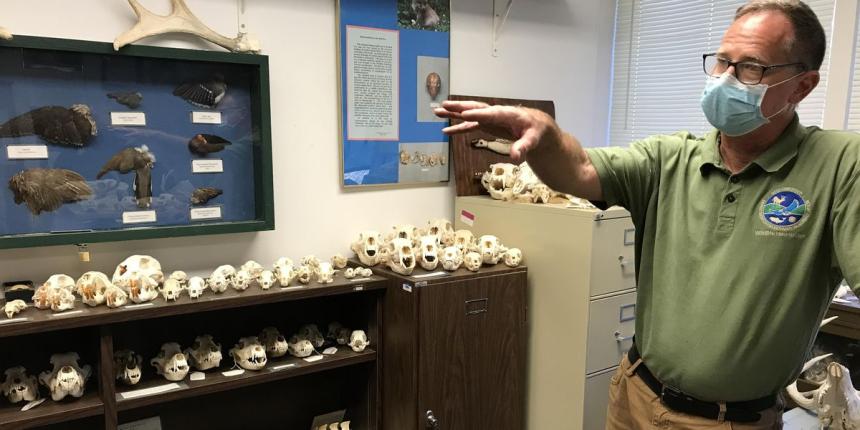
June 22, 2022
The effects of lead poisoning can vary depending on exposure, but they’re often devastating. Cornell wildlife ecologist Dr. Krysten Schuler notes that lead impacts every system in the body and that while eagles have been carefully studied, it’s likely that other animals are affected by lead poisoning too.
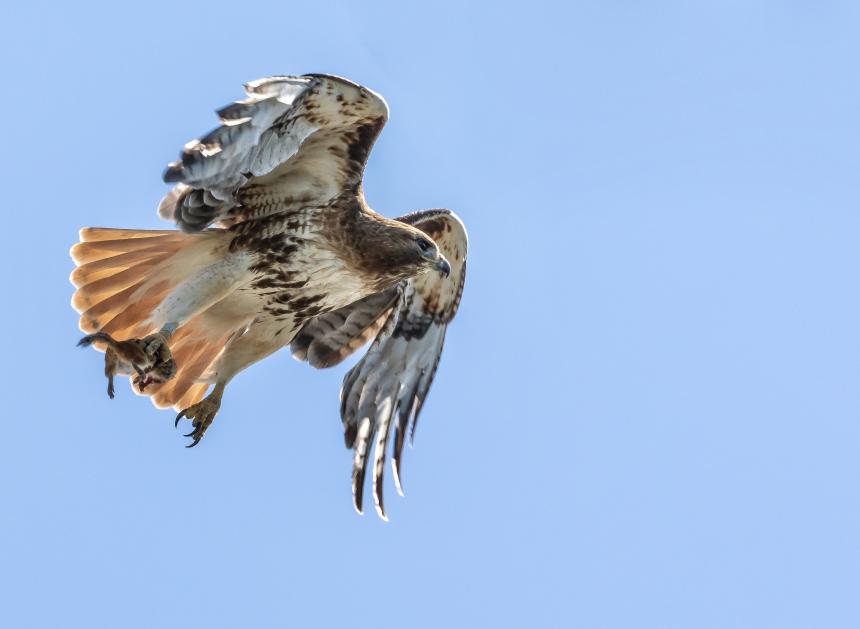
For Your Information
June 17, 2022
Anticoagulant rodenticides continue to be used across the U.S. as a method for controlling pest rodent species. As a consequence, wild birds of prey are exposed to these toxicants by eating poisoned prey items.
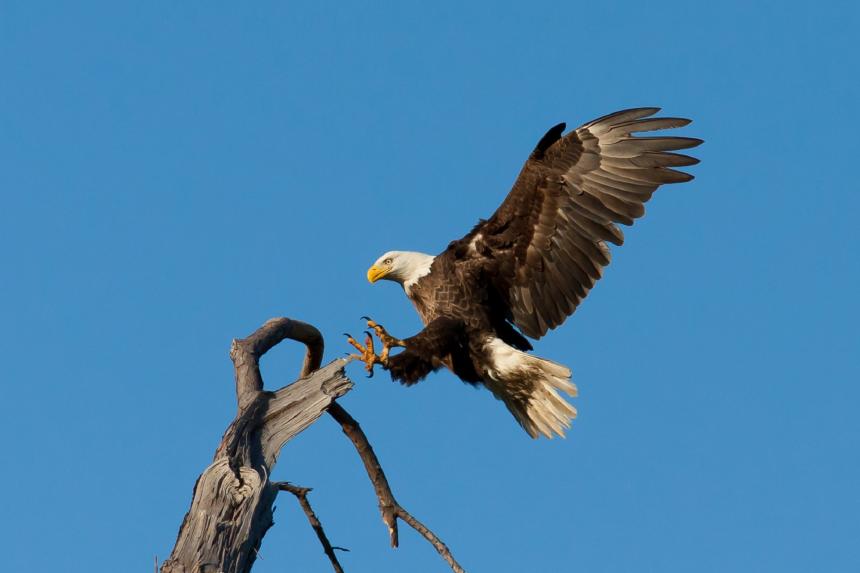
April 25, 2022
With millions of chickens on commercial poultry farms sickened and dying from a highly virulent strain of avian flu in recent months, it might have escaped notice that some of the nation’s most stunning wild birds have also been felled by the virus.
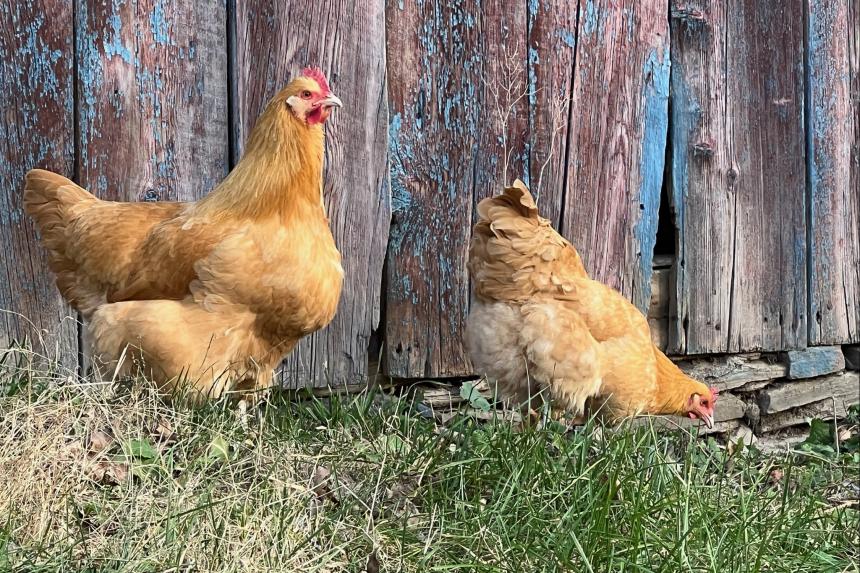
April 19, 2022
Dr. Elizabeth Buckles, assistant clinical professor and wildlife pathologist at Cornell University College of Veterinary Medicine, says it's important to keep chickens and turkeys away from wild birds to prevent the H5N1 virus from entering our food supply.
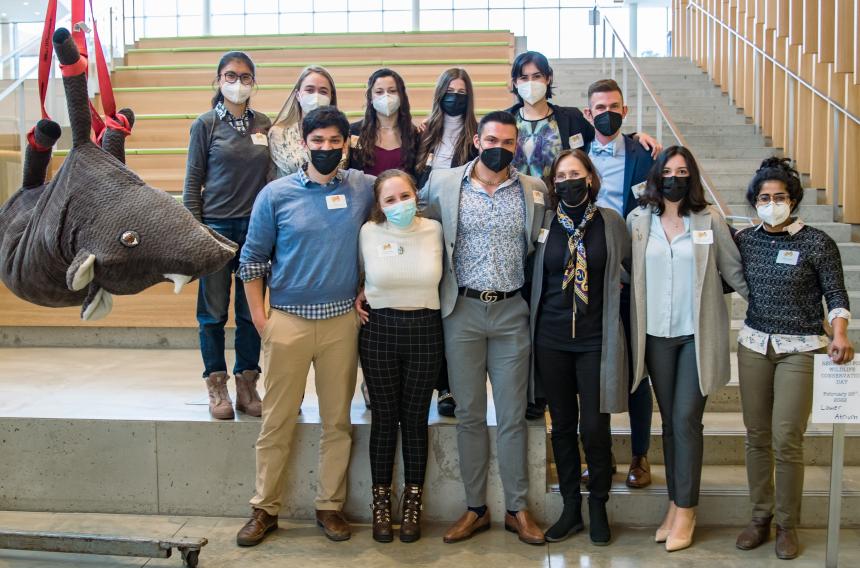
March 21, 2022
Cornell’s Zoo and Wildlife Society hosted its first Wildlife Conservation Day Feb. 26, a one-day symposium devoted to education and training for students with an interest in non-domestic species.

February 23, 2022
The bald eagle’s comeback is one of America’s most famous conservation success stories. But despite the boom in their numbers, bald eagles still face many threats, including poisoning from ingesting lead bullets.
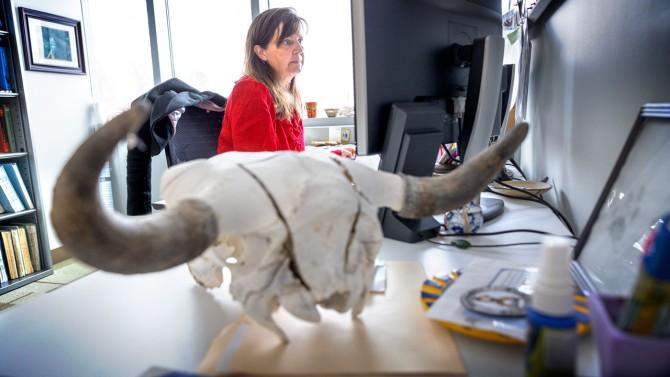
February 17, 2022
The New York State Wildlife Health Program is a key partnership between Cornell and the New York State Department of Environmental Conservation. The program coordinates responses when disease strikes New York’s wild animals and it helps prevent outbreaks, in domestic animals and people too, by translating data into policy.
Podcast
February 07, 2022
In this podcast, Dr. Krysten Schuler, a wildlife disease ecologist and co-director of the Cornell Wildlife Health Lab, and Jen Grauer, a Cornell PhD student, discuss their latest project to track and study wild moose, led by the New York State Department of Environmental Conservation.
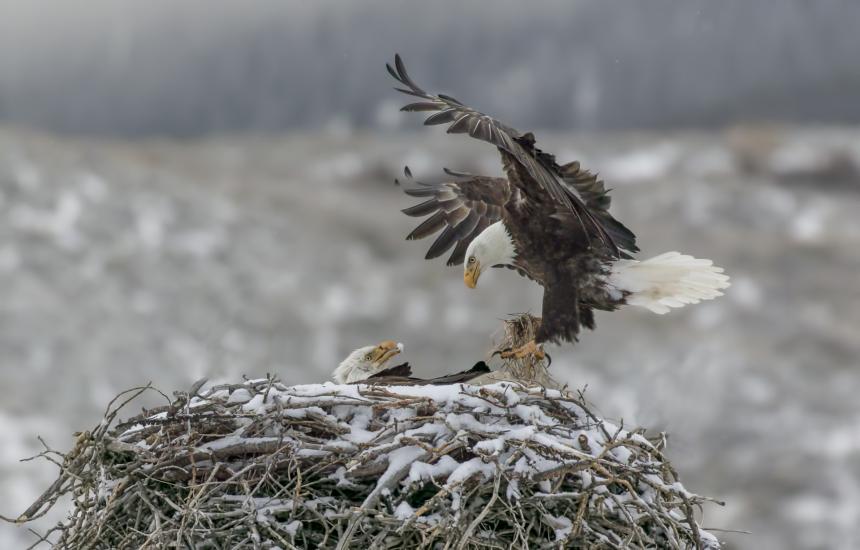
Blog
February 04, 2022
Long before I was aware of the problem, professionals of veterinary medicine and pathology treated, rehabilitated, or necropsied ill, dying, or dead bald eagles. The wild birds had been presented for care after they ingested lead fragments from spent ammunition....
